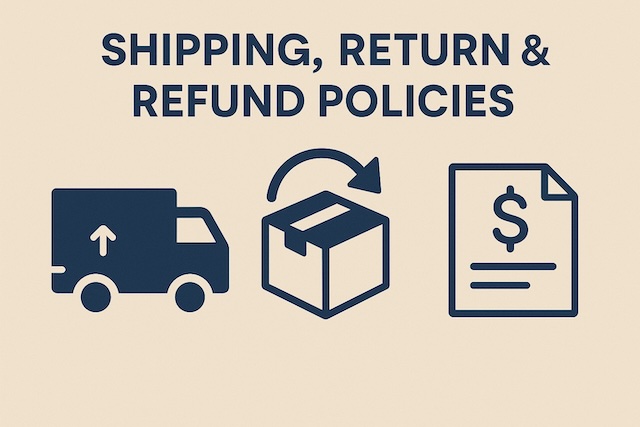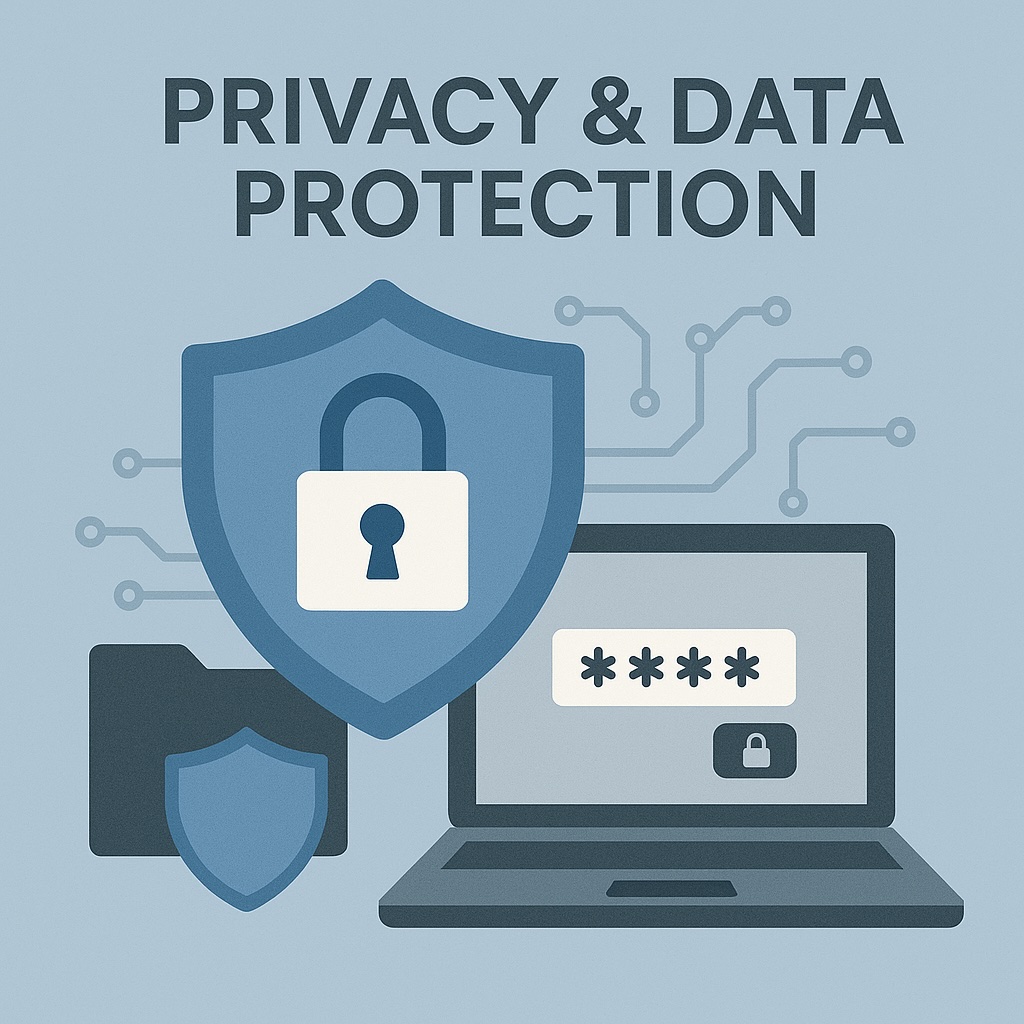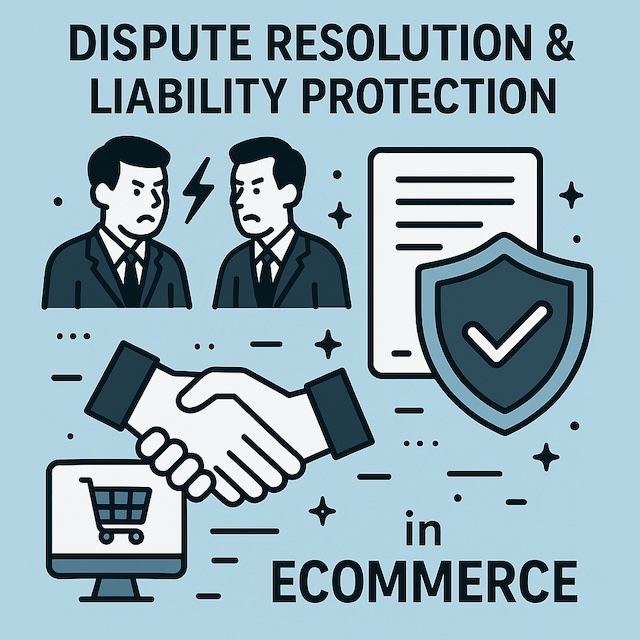We earn commissions when you shop through the links below
Why Structure Matters
The legal structure of your eCommerce business affects everything from taxes and liability to credibility with customers and vendors. Choosing the right setup early can save you money, protect your assets, and simplify compliance.
Common Business Structures
- Sole Proprietorship
- Easiest and cheapest to set up.
- No legal distinction between you and your business.
- Downside: Personal assets (home, car, savings) are at risk if your business is sued.
- Limited Liability Company (LLC)
- Popular for small-to-medium eCommerce businesses.
- Offers liability protection — separates business debts from personal assets.
- Flexible taxation (can choose pass-through or corporate tax).
- Requires filing with the state and paying small fees.
- Corporation (C-Corp or S-Corp)
- More complex structure, often used by startups seeking investors.
- Provides strong liability protection.
- More paperwork and stricter tax obligations.

Registration & Compliance Steps
- Get an EIN (Employer Identification Number) from the IRS — like a Social Security Number for your business.
- Register your business name (DBA, if different from your personal/legal name).
- Check local requirements — some states or cities require business licenses even for online-only operations.
Taxes: Federal & State Obligations
- Federal taxes: Income tax applies to all structures; payroll tax if you have employees.
- State taxes: Sales tax is a big compliance area for eCommerce. After the 2018 Supreme Court South Dakota v. Wayfair decision, businesses must often collect sales tax in states where they have customers, even without physical presence.
Protecting Yourself from Liability
- Open a separate business bank account to avoid “commingling funds.”
- Consider liability insurance for added protection.
- Use contracts (Terms of Service, vendor agreements) to set clear boundaries.
Key Takeaways
- An LLC is often the best balance of cost, protection, and flexibility for online sellers.
- Always separate personal and business finances.
- Sales tax rules vary by state — track obligations carefully.
Action Step: If you’re running your store informally, research how to register an LLC in your state. The filing fees are often under $200 and could save you thousands in legal risk. You can try LLC Attorney.
If you are interested in reading more about for business formation and legal structures, please see Recommended Books .





